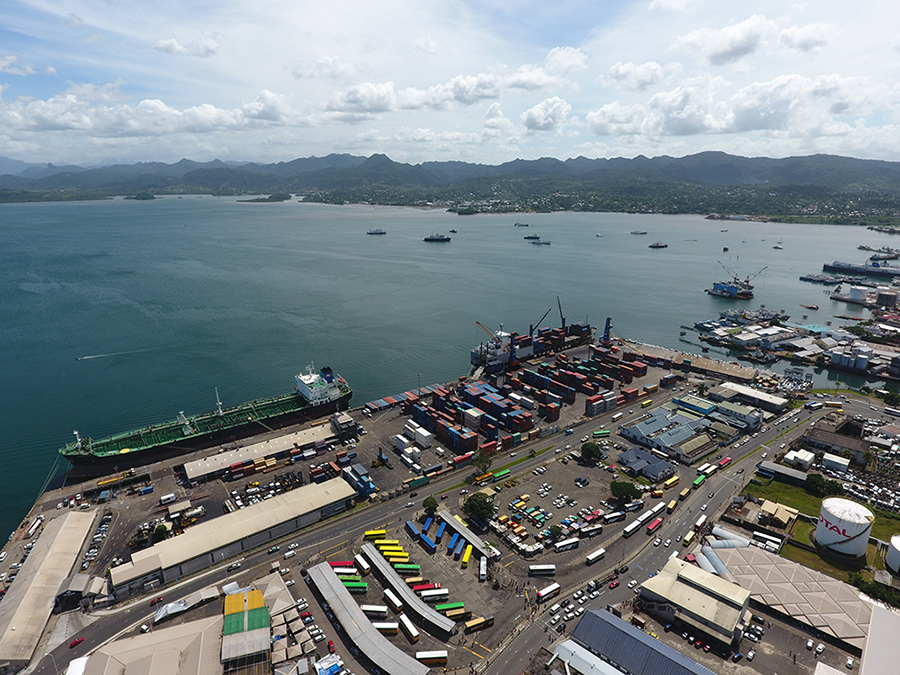Fiji’s Central Bank has maintained the Overnight Policy Rate at 0.25 per cent.
This spells varying impacts on the people – with interest rates on borrowing remaining the same, borrowers can keep their costs steady, however, savers will see lower returns on their savings accounts or fixed deposits while investors experience stable yields.
The Reserve Bank of Fiji Board has decided to maintain the OPR due to positive domestic economic activity. This decision is influenced by the strong performance of visitor arrivals and recent improvements in sectoral production. In July, Fiji saw a record-high of 98,332 visitor arrivals, bringing the total for the year to 545,487 visitors, which is a 6.7% increase compared to the same period in 2023.
On aggregate demand, consumption remains positive supported by strong tourism activity, higher income levels and inward remittances. Similarly, the latest partial and leading indicators of investment suggest a gradual pickup in activity. Financial conditions remain conducive to growth, amid high banking system liquidity of $2.2 billion (28/08), and near historical low lending rates. The RBF stated that commercial bank lending continues to accelerate, resulting in private sector credit expanding by 11.6 per cent in July.
Annual headline inflation recorded its second peak of 2024 in July at 6.8 per cent, influenced mainly by food and non-alcoholic beverages, alcoholic beverages, tobacco & narcotics, transport and housing & utilities. However, with the effect of the 2023 VAT rate hike starting to wane, inflation is expected to moderate to around 4.0 per cent to 5.0 per cent by year-end. Foreign reserves stood around $3.7 billion (29/08), enough to cover 6.0 months of retained imports of goods and services and are projected to remain adequate over the medium term.









